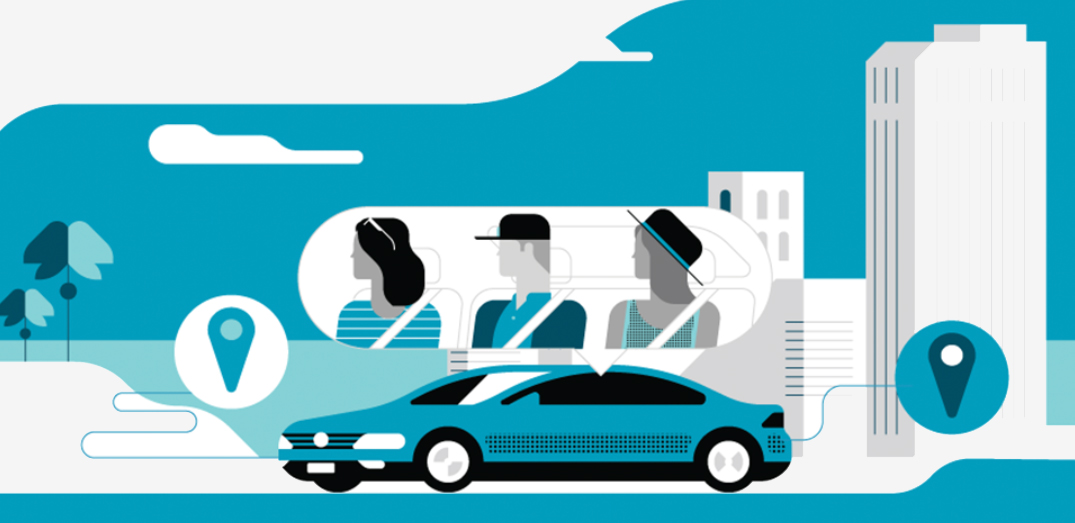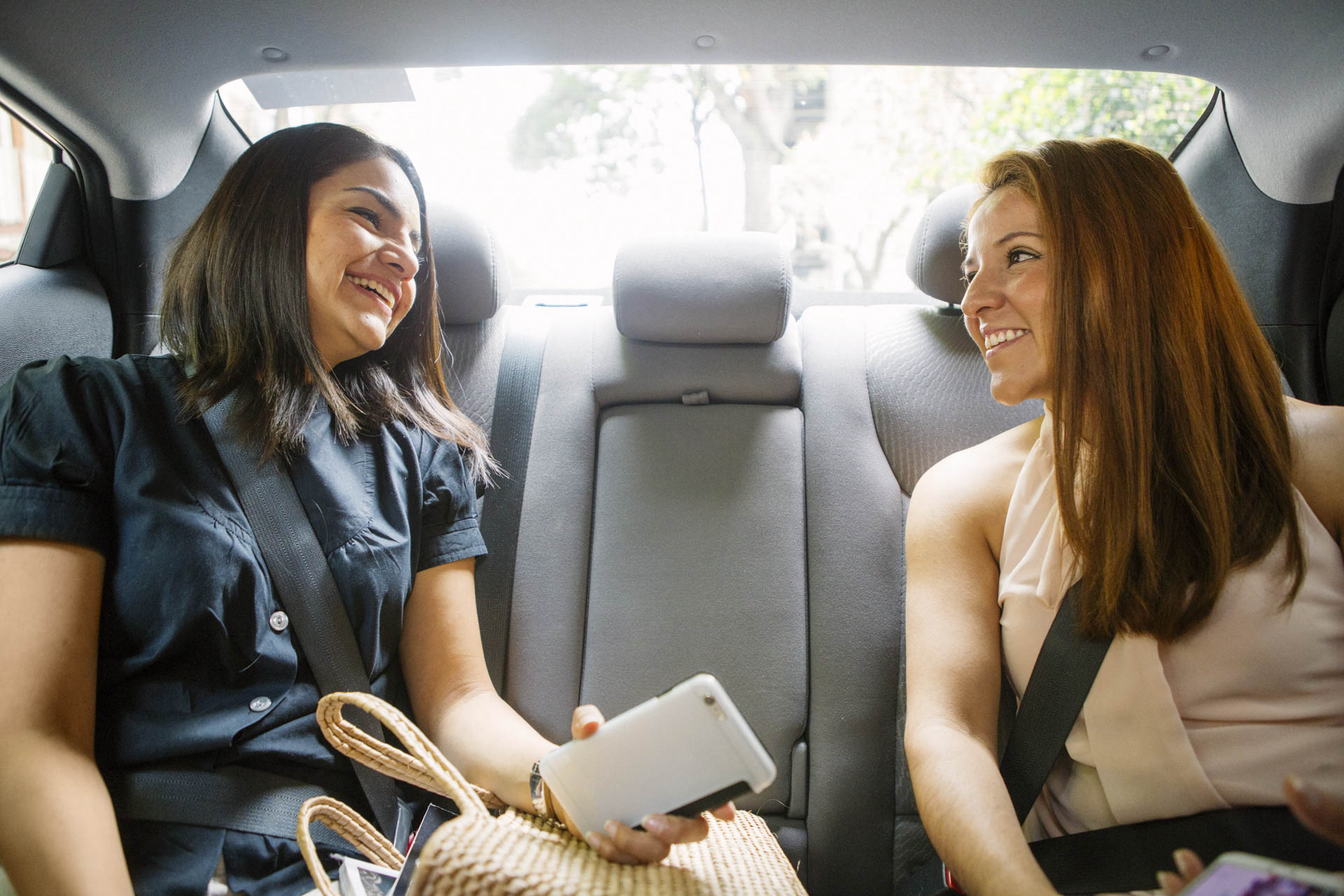UberPool has been popular with riders because of its relatively low fares, however, it has not been a particularly profitable endeavor for Uber. It's also not as attractive for drivers since they have to drive to various locations to drop off multiple people. Uber is launching a new service called Express Pool which will hopefully mitigate some of these problems.
Once a rider hails an Express Pool, the Uber algorithm will take a moment to figure out the best route, driver and pickup location for not just that rider, but other riders as well. Afterwards, the app will direct riders to walk about a block or two to meet up at a common pick up spot. Once the riders are picked up, the app will then drop off the riders in locations that are also within walking distance of the original rider's destination. Ideally, riders will save up to 50 percent versus using Uber Pool and up to 70 percent as compared to Uber X.
The concept was originally piloted in San Francisco and Boston last November and based on favorable results, will extend to more cities including Washington D.C., Los Angeles, Miami, Philadelphia, San Diego and Denver. Uber is still betting on a future where car ownership turns into car pooling.
"We think carpooling is very much the way of the future," Ethan Stock, director of product for shared rides at Uber, told The Verge. "Not only for our service, but we think the transformation of car ownership towards carpooling is going to be tremendously beneficial for cities, for the environment, for all the reasons that we're very familiar with --- congestion, pollution, etc."

Altruism aside, Uber is also trying to drastically cut back on the massive subsidies it pays to attract users to UberPool. Per BuzzFeed, the company spent about $6 million between 2014 and 2015 to ensure UberPool ran correctly. Theoretically, the more customers use UberPool and Express Pool, the less Uber has to subsidize due to increased revenue.
Of course Uber isn't the first to experiment with dirt cheap carpooling. Uber's primary ride sharing competitor, Lyft, has its own carpooling service called Lyft Line which is often cheaper than UberPool. Via, which operates primarily in New York City, Washington D.C. and Chicago, also has very affordable rates for short carpooling trips.
The future is looking up for Uber. As more people use ride-hailing services, their reliance on public transportation and traditional taxis will decrease. With Uber, Google and others betting big on fully autonomous cars, this is perhaps another step to eliminate car ownership altogether.
